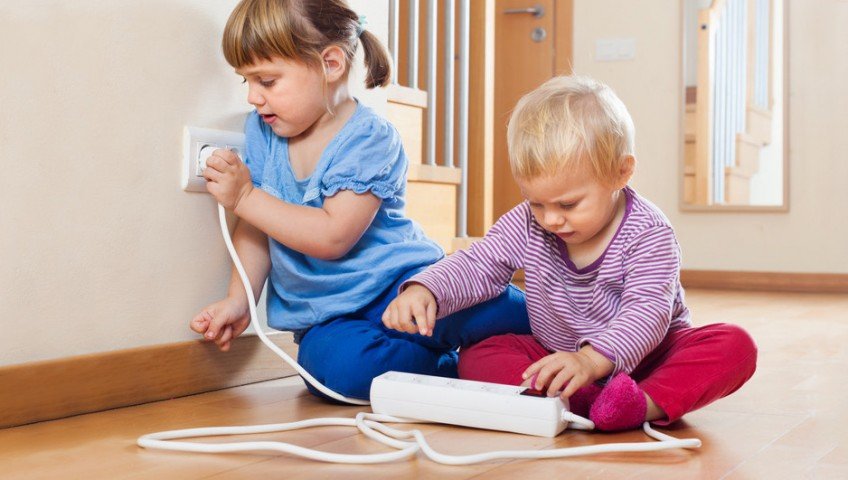What creates an electrical risk?
Electrical shocks are usually the primary danger associated with electricity. However, recent product safety regulations are making this occurrence significantly less. The hazards are considerably greater for anyone undertaking self-electrical system maintenance, and these jobs should only be started by individuals who are aware of the dangers and take all necessary safety measures. Shocks are common. Get in touch with the Top-rated Electricians in Mooresville Area
Fire is the main risk associated with electricity. Every year, electrical fires destroy houses worth billions and result in numerous casualties. Unfortunately, a lot of these incidents might have been avoided with a comprehensive property check and increased knowledge of the electrical systems in the house.
Commonly heard electrical risks at houses
- Old wiring systems: The electrical consumption caused by modern equipment may be too much for older residences to manage, increasing the danger of fires caused by electricity. Old-fashioned wiring substances such as wires made of aluminum or knob-and-tube electrical wiring, can corrode and eventually cause fires. It’s crucial to have an expert inspect the wiring connections and replace your electrical wiring if you stay in an older house.
- Overloaded circuits: The electrical load capacity of every circuit is expressed in amps. The wires burn when the specified voltage exceeds the limit, which might result in an electrical fire. Fluttering lights, heated or humming power sources and frequent tripping of fuses are indications of an overloaded circuit. Unplug certain electronics and get advice from an electrician to assist you.
- Broken or defective wiring: Several factors, including aging, damages caused by rat bite, and regular use, can cause faulty wiring. Strained wires, discoloration surrounding power sources, and a rotten or burnt smell next to power lines and appliances are all warning signs. To reduce the danger of fire or being electrocuted, stop using any electrical outlets that seem to be malfunctioning and get in touch with a licensed electrician right away if you think your wiring is problematic.
Preventive actions
Electrical safety is significantly affected by everyday actions and behaviors. Here are some safety guidelines to follow while working with electricity:
- Manage Plugs, Not Cables: To avoid wire exposure or deterioration, remove the plug from the gadget rather than the cable.
- Water Attention: Avoid handling wired electrical appliances in the presence of water or damp hands since they conduct electricity.
- Avoid Putting out Electrical Fires with Water: Putting out electrical fires with water might worsen the situation and put you at risk of electric shock. Use a fire extinguisher with a good rating instead.
- Overpowering: To prevent heating and flames, prevent overloading electrical appliances and sockets.
- Identification: To make it simpler to cut off the electricity in a crisis, clearly mark all of the circuits and regulators in the electrical panel.
- Set Smoke Detectors: Smoke detectors should be installed in every home. By warning people of the dangers of flames, smoke, and odorless gasses such as carbon monoxide, these appliances can save them.


